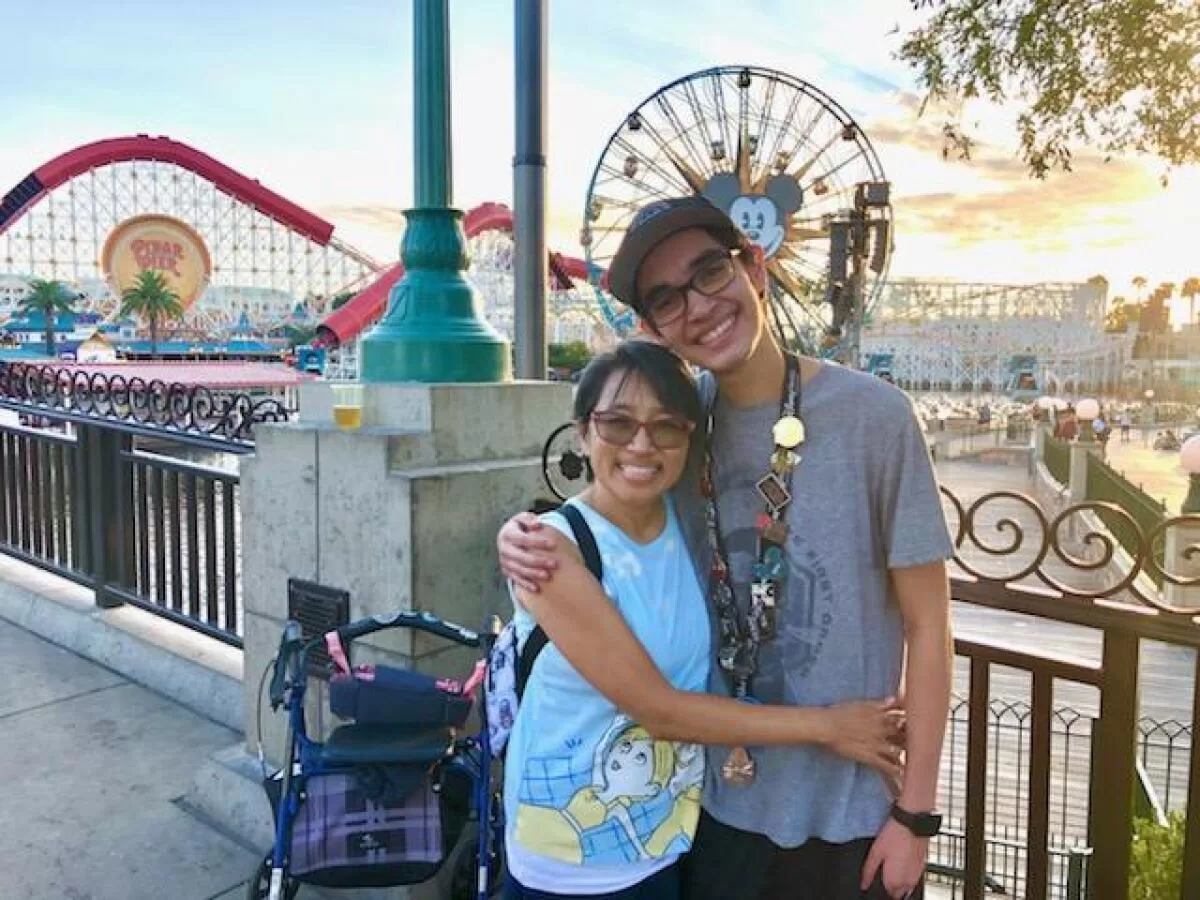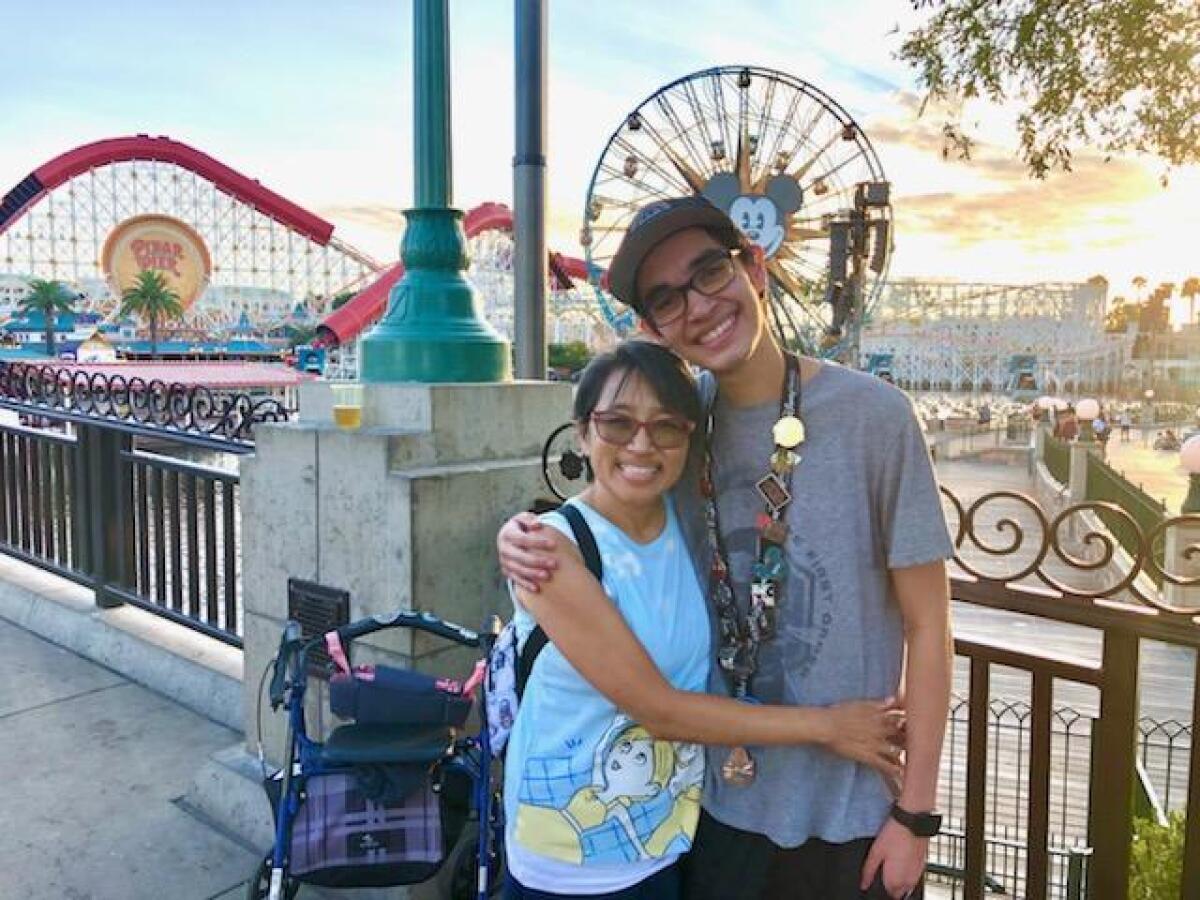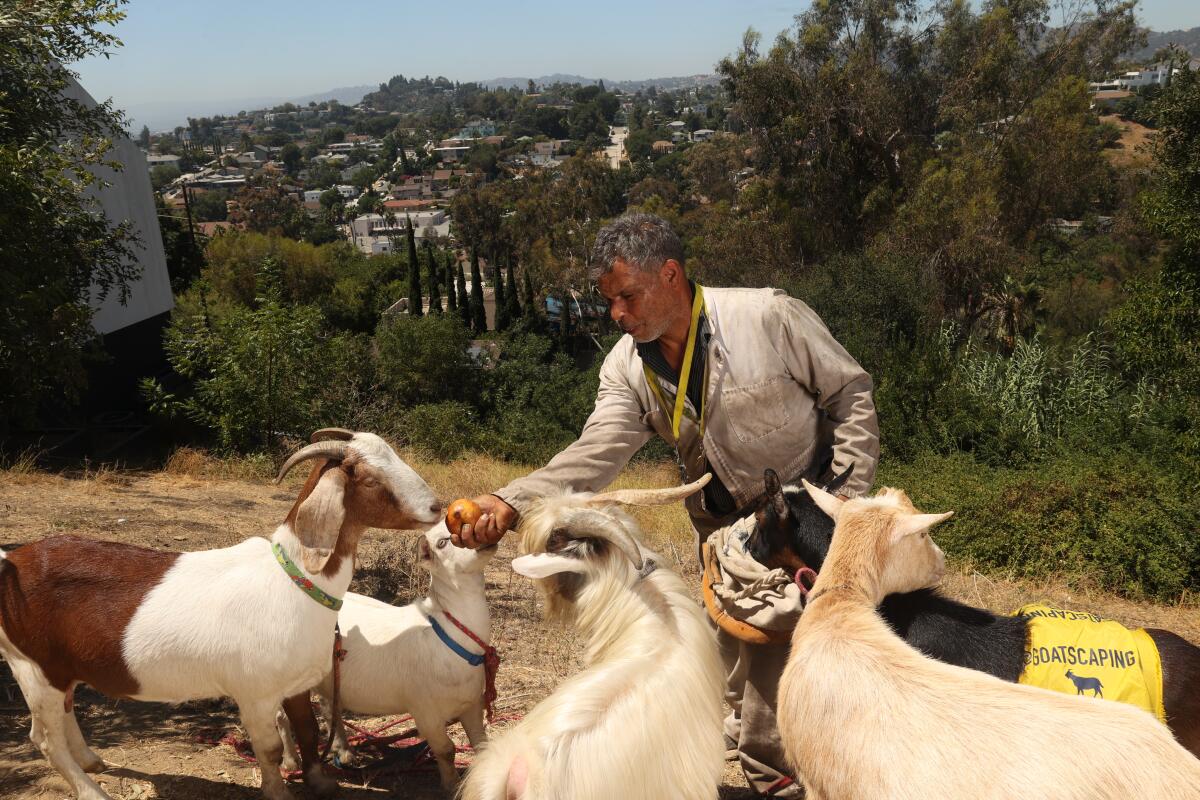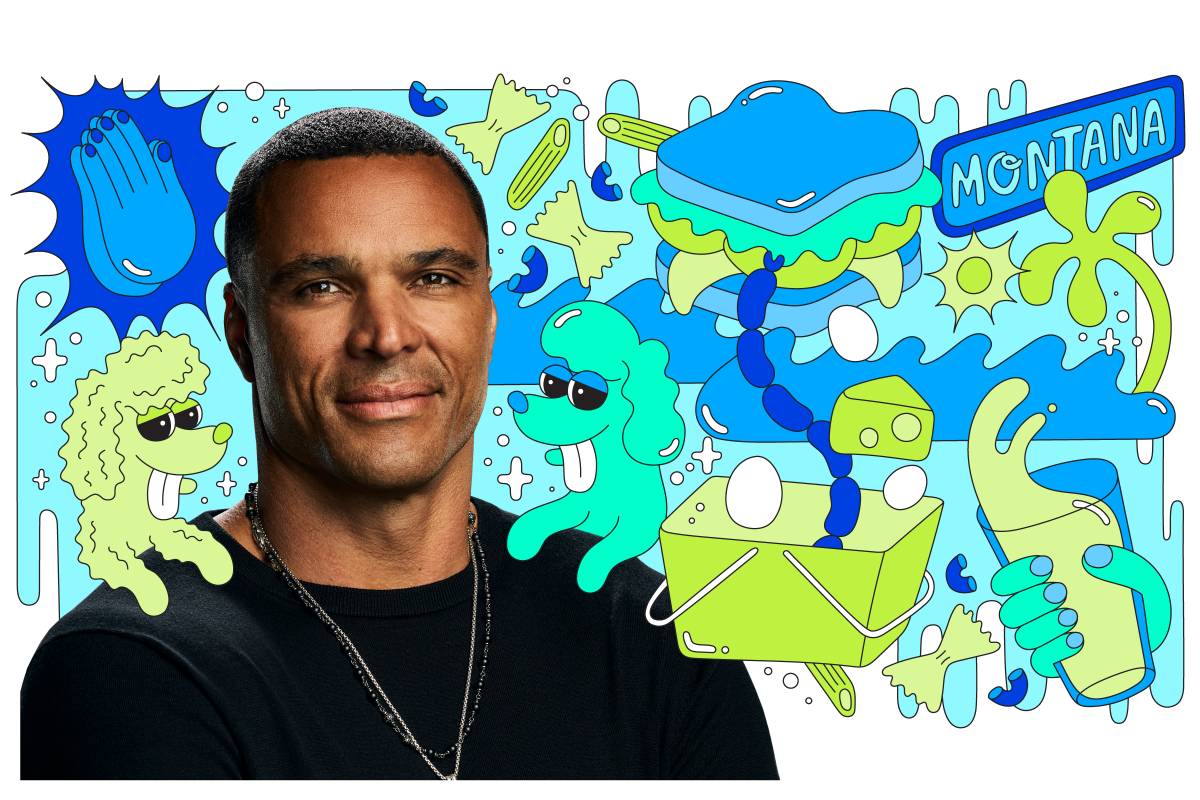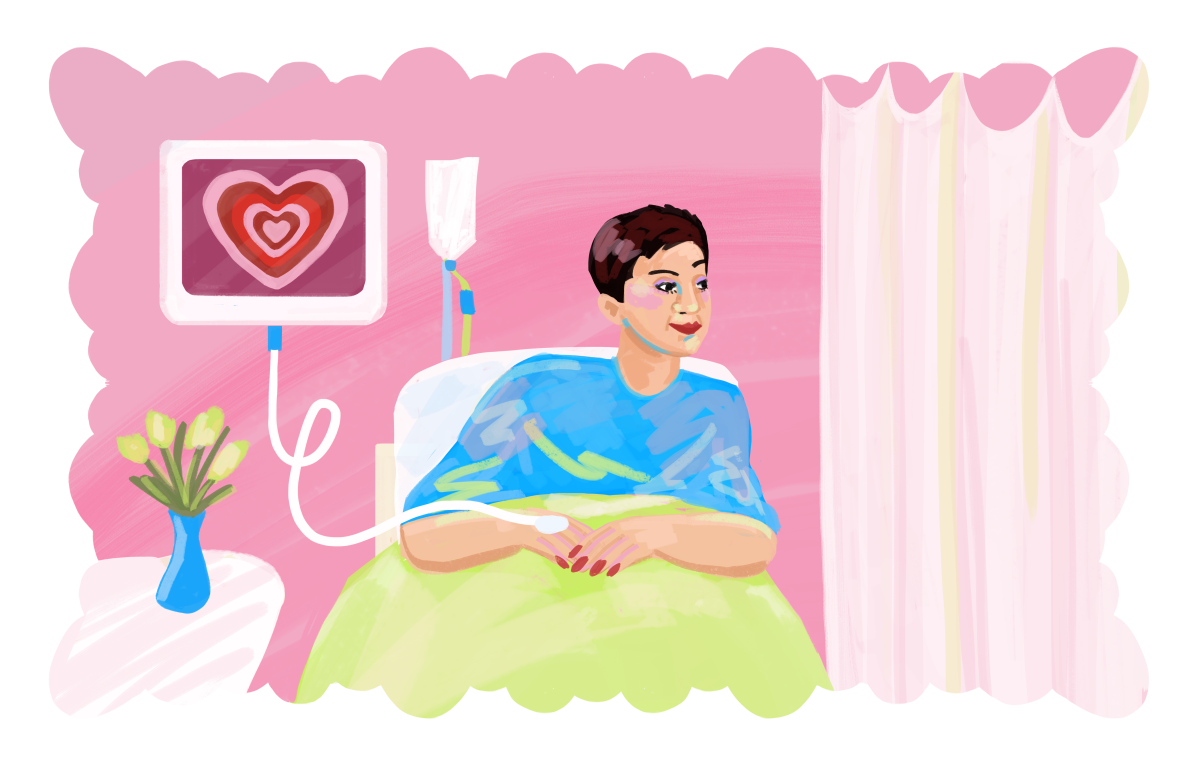Good morning, and welcome to the Essential California newsletter. It’s Sunday, Sept. 1. I’m your host, Andrew J. Campa. Here’s what you need to know to start your weekend:
Newsletter
Sign up for Essential California
The most important California stories and recommendations in your inbox every morning.
You may occasionally receive promotional content from the Los Angeles Times.
Some Disney fans feel betrayed by changes to popular disability pass
Eight-year-old Noah Roland lasted less than two hours inside Disney World’s Magic Kingdom one June afternoon before suffering an autistic meltdown.
Days earlier, he was denied Disney’s Disability Access Service pass, intended to help disabled individuals wait for rides outside long lines.
Northridge resident Rosie Keiser, who lives with multiple sclerosis, teared up outside the entrance lines of the Disneyland Resort in July.
She had been approved for the pass, but only after answering several “intrusive” health questions.
Lifelong Disney fan Farrah Evagues, battling Stage IV small bowel adenocarcinoma, spent 14 hours over two days in two separate online interviews hoping Disney would approve her pass. She was denied twice.
The trio join a variety of individuals who spoke to The Times — those rejected and accepted — for a Disability Access Service, or DAS, pass.
Some feel betrayed by the company known for its inclusivity and are reconsidering patronizing its parks.
What is the Disability Access Service pass?
The DAS pass, created in 2013, allows Disneyland and Disney World users to avoid standby lines. A pass holder registers on the park app or with a guest relations member for a specific ride and is given a return time.
Other parkgoers pay extra — up to $35 — to join the Lightning Lane, with normal wait times of five to 25 minutes, according to various bloggers who track times. DAS pass holders can use the Lightning Lanes for free.
That can mean a drastic difference in wait times for some rides.
Disneyland guests wanting a DAS pass can speak online with a park representative two to 30 days before arrival, or they can meet with a guest relations employee at the park.
Why did Disney change DAS?
A Disneyland spokesperson said changes to DAS were necessary because of overuse.
The company said pass usage had tripled since 2019.
The spokesperson, who asked not to be named, said the DAS pass was just one of several accommodations Disney offers but would not comment on whether the company felt the system was being abused.
The changes, which went into effect May 20 at Disney World and June 18 at Disneyland, reduced eligibility. The accommodation is for “a small percentage of guests who, due to a developmental disability like autism or similar, are unable to wait in a conventional queue for an extended period of time,” according to Disney’s new guidelines.
Previous standards were much broader: “guests who have difficulty tolerating extended waits in a conventional queue environment due to a disability.”
Who was affected by the change?
A group calling itself DAS defenders started an online petition asking Disney to reverse course.
“By excluding many disabled individuals from these cherished experiences, Disney sends a clear message that the rights and needs of the disabled community can be overlooked,” the group wrote in its petition, which has 31,000 signatures.
DAS defenders claim Disney is now excluding “cancer patients, veterans with PTSD, Parkinson’s, Multiple Sclerosis, those with rare diseases and more.”
What does Disney say those denied DAS can do?
A Disney spokesperson said other accommodations exist to meet the needs of guests who have disabilities but are rejected for the pass; according to the park’s website, those include a sensory experience guide to indicate which parts of the park have loud noises, darkness and bumpiness, which rides are fast and which lift off the ground. Disney also offers sign language interpreters, wheelchair and scooter rentals, assistive handheld captioning and video captioning on some rides, and dialogue and narration of scripts on others.
Park accommodations also include allowing a stroller to carry a “disability tag” that permits it to be pushed through the standby lines; otherwise, strollers have to be parked while riders stand in the queue.
Probably not returning
Debbie Perez’s resting heart rate reached 118 beats per minute at California Adventure on July 5.
A normal person’s rate is between 60 and 100, with higher tallies potentially leading to chest pain and fainting, among several medical issues.
Earlier that day, Perez was told during her DAS interview and denial that the pass “was for individuals with developmental disabilities.”
Perez has sideroblastic anemia, a blood disorder she says requires monthly transfusions. She’s prone to heart palpitations and shortness of breath when she overheats, while a heart murmur puts her at risk of cardiac arrest.
“If I’m standing in the heat for too long, my heart rate increases to 150 beats per minute, which is critical,” she said.
With a DAS pass, Perez said she rode an individual attraction and then rested at a restaurant or gift shop while controlling her heart rate.
Without a DAS pass, however, she’s considering not renewing her annual pass.
Perez fell in love with Disney ever since first visiting from the Philippines as a 4-year-old in 1978. She and her husband make bimonthly pilgrimages from Livermore to Anaheim.
“To me, Disneyland always stood for family,” said Perez, who turns 50 next month. “I love Disney, but I’m not willing to risk my life for Disney.”
For more on Disney’s DAS change, check out my article from Tuesday.
The week’s biggest stories
This week’s stories
Presidential election
California and local elections
Crime, courts and policing
Environmental, health issues
California culture, vibe
More big stories
Get unlimited access to the Los Angeles Times. Subscribe here.
Column One
Column One is The Times’ home for narrative and longform journalism. Here’s a great piece from this week:
In the hills of Elysian Heights, among the blond weeds, a quintet of goats graze lazily, munching on seemingly anything in their path. It’s a pastoral scene in the middle of the city. The Elysian Heights hills are some of the steepest in Los Angeles — with roads up to 32% grades — and they’re perfect for the mountain-loving goats. But recently this idyllic overlook became a scene of drama and chaos, with two of the goats snatched off the hills by authorities who claimed their owner was allowing the “aggressive” animals to roam untethered and near residences, breaking the law.
More great reads
How can we make this newsletter more useful? Send comments to [email protected].
For your weekend
Going out
Staying in
L.A. Affairs
Get wrapped up in tantalizing stories about dating, relationships and marriage.
I heard a nurse asking questions of her patient in the “room” to my right. It was not difficult to hear since these rooms were divided only by drapes. “How tall are you?” “Six-six,” a deep masculine voice responded. Six-six? Wow! That got my attention. “Do you drink?” she asked. “Every day,” he said jokingly. “What is your cell number?” I heard the numbers, and for some crazy reason, I wrote them down.
Have a great weekend, from the Essential California team
Andrew J. Campa, reporter
Carlos Lozano, news editor
Check our top stories, topics and the latest articles on latimes.com.
